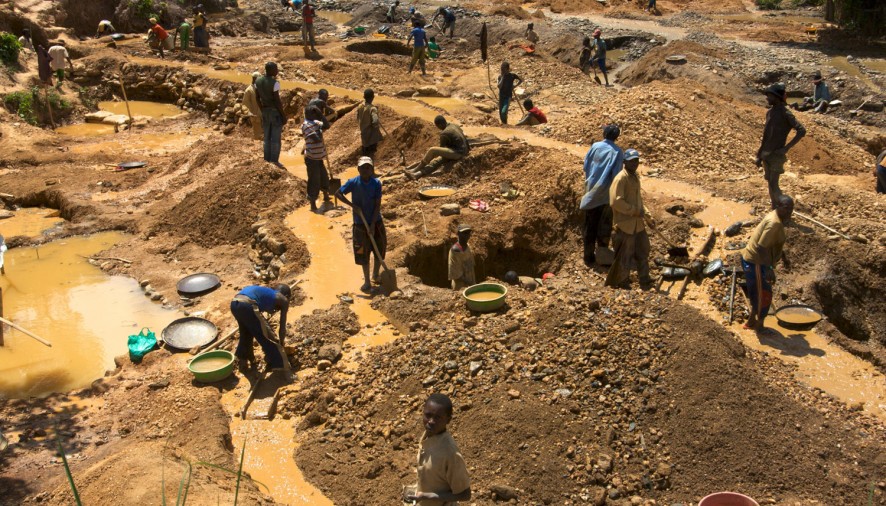The University of Edinburgh has launched a new policy designed to limit the purchase of goods containing minerals that could have been sold to fund illegal and immoral conflicts.
The policy ensures suppliers will be asked to disclose how they source raw materials, and to find alternatives if the source has links to wars in the developing world.
Precious and semi-precious minerals, essential components in smart phones and computers, are frequently purchased from developing countries, often within central Africa.
Organisations campaigning against this commonplace practice warn that these raw materials are mined in poor conditions, using child labour or low-wage workers.
Sarah Pickles from Global Witness welcomed the university’s policy, saying “There are armed groups and elements of national armies using these materials to fund their own fighting objectives rather than for the benefit of the people.”
Some of the groups in question, such as the Democratic Forces for the Liberation of Rwanda, have previously had their leaders charged with war crimes and crimes against humanity.
Dave Gorman, the university’s director of social responsibility, stated that the policy will “make quite a large impact”, expressing his confidence that the move will encourage other institutions to have the same intolerance towards goods containing conflict minerals.
Euan Hammond
[Image: Afzal Khan MEP]

